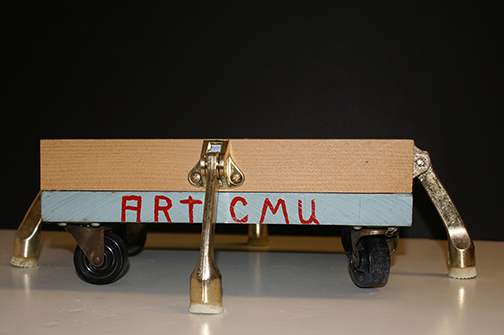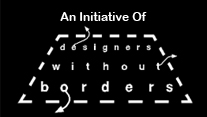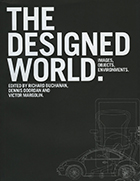David Stairs

Cutting Corners
One of the most gratifying experiences is having one’s observations corroborated, especially when they are about another culture. Not one, but two Indian acquaintances responded to my last Indian post, Why India Does Not Need Me, with the same remark: it reminded them of a famous speech by Ivan Illich, “To Hell With Good Intentions.” Now I’ll admit, Illich is one of my heroes and, though I didn’t refer to him in this piece, I have in the past.
I’ve tried to interest my students in Illich, but he’s a hard sell. First, his language is philosophical, a definite strike against him with the texting generation. Even though, verb for verb, I find him much less windy than 95% of academics, his prose is still not easily digestible. Second, he’s argumentative. Whether or not this is the hallmark of a good thinker is lost on people who don’t agree with his reasons for lambasting Peace Corps volunteers as naive opportunists, or who take issue with his stance on the self-aggrandizing nature of professional associations (both very reasonable arguments!).


YES/NO Dichotomy Stamping Mallet
As sometimes happens with the exchange of ideas, the compliment about Illich given me by friends in India led to another conversation with an American friend, this one about the social hazards of computing technology. At the height of his fame, in 1973, Illich published Tools For Conviviality in which he proposed that tools used for living were not a prelude to but were fundamentally different from the “machines” of industrial culture. In Disabling Professions he complained that modern societies had developed technocratic elites that used their status to dominate, and that average people needed to regain control of basic life activities, like personal healthcare, family burial, and home building. Engineer Lee Felsenstein, an original member of the Homebrew Computer Club and one of the developers of the personal computer, and Richard Stallman, founder of the Free Software Foundation, interpreted Illich’s ideas to mean that the democritization of digital technology was an instance of communal tool development. Unfortunately, what followed was less about the first generation’s desire to socially tinker, evidenced by Felsenstein’s early pc designs and Stallman’s ground-breaking open source, than about the urge to brand and monopolize, as Homebrew member Steve Jobs subsequently became famous for doing. A later generation of idealistic engineers, led by Nicholas Negroponte of MIT’s Media Lab, attempted and failed to combine these notions of cheap, democratic learning technology in their One Laptop Per Child initiative. Intended to catapult computer networks into developing world schools, OLPC stumbled with cost overruns, high user buy-in (many governments could not afford the initial commitment), and rapidly changing technology.

Designer’s Blabber Tape
There is a tie-in here. Another one of Illich’s targets in the ’70’s was formal education. In Deschooling Society he argued for the deinstitutionalization of schooling, what in academia is characterized as the education versus learning debate. Education has become big business, a source of wealth not only for teachers unions, but for publishers, and local governments, which tax and oversee education in America. Although Illich actually foresaw the birth of internet search when he proposed the use of computers in “learning webs,” his criticisms of education were misinterpreted by libertarians as an argument for privatization. Actually, he was suggesting a much more radical idea: replacing institutionalized education with informal learning. The thing that got me compared to Illich was his attack on the paternalistic assumption that the industrialized West, having made such a success of imposing its technology on the labor and resources of the rest of the world, actually knows what is best for people everywhere. We see this bias in the OLPC initiative, and in many of the Western world’s design for economic development initiatives, most infamously documented in the Cooper-Hewitt’s Other 90% exhibits.
It would be naive to assume that the largesse of aid comes with no strings attached, of course. But the accompanying assumptions, that the West’s way of life works everywhere, and that people in less developed countries are, somehow, inferior and in need of Western empowerment, promotes the worst sort of neo-colonialist attitudes. As an adopted son of Latin America Illich could not abide them.

Full Stop
My American friend worries that Illich has fallen out of favor with the young because they are constitutionally blind to the extent that their privacy and freedoms have been usurped by a coalition of industrial (Facebook/Apple/Google) and governmental (Homeland Security) institutions. I’m a little more optimistic. The institution Illich, the rebel priest, wrestled most with was the Church of Rome. Throughout history many Catholic saints have been culled from the ranks of religious orders. While there’s absolutely no risk that the Vatican will promote Illich to its elect anytime soon, I’m willing to bet that his ability to scrutinize and pillory large social institutions will make him a saint-in-waiting to Occupy Movements for generations to come.
David Stairs is the founding editor of Design-Altruism-Project











Leave a Reply
You must be logged in to post a comment.